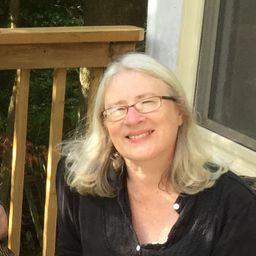11.40 Crowds, Events and "Acts" of Citizenship: Heritage-Making at the Chattri Indian Memorial
My Session Status
Movements such as Occupy Wall Street, embracing the immanent possibilities of the “here and now,” assert the affective presence and radical potential of “imagined communities.” Radical geographers call such communal acts the reanimation of anarchistic sensibilities in a politics of direct action. Such acts do not only lie in large public spectacles of protest such as Occupy, but also in community actions located in the everyday. This paper will address one such activity where the affective presence of the crowd enabled an everyday postcolonial politics. The Chattri Indian Memorial is a space of remembrance that hosts and embodies official and unofficial heritage in a complex way. Standing on the edge of Brighton, UK, in a once-remote part of the Sussex Downs, the Memorial was built in 1921 to honour Indian soldiers who fought on the Western Front during the First World War. This paper will explore the ways that a heterogeneous “imagined community” of local veterans, Indian organizations, and onlookers from mixed origins performed a horizontal politics through an intensely experienced crowd event. The paper will theorize participants’ affective practices as conscious “past-presencing,” and analyzes how their act of heritage-making constitutes an “act of citizenship.” Protest was enacted here through a communal rite of memorializing—a public consciousness-raising where alternative ideas were celebrated and actually lived without seeking permission—in a self-realizing process of horizontal politics. Yet this presentation also asks, in critical reflection, what might “acts” such as this change?

Discussion